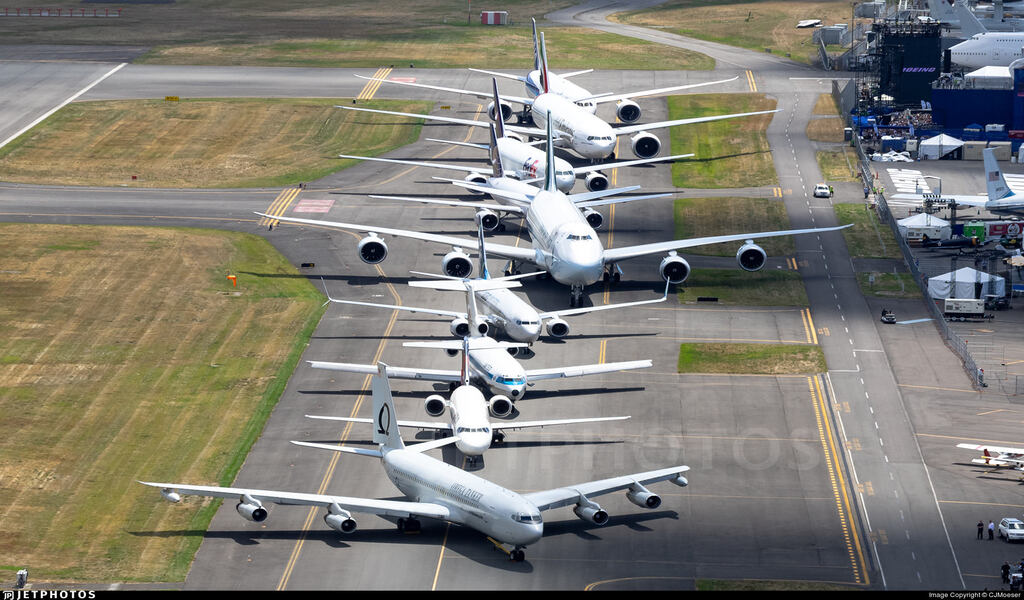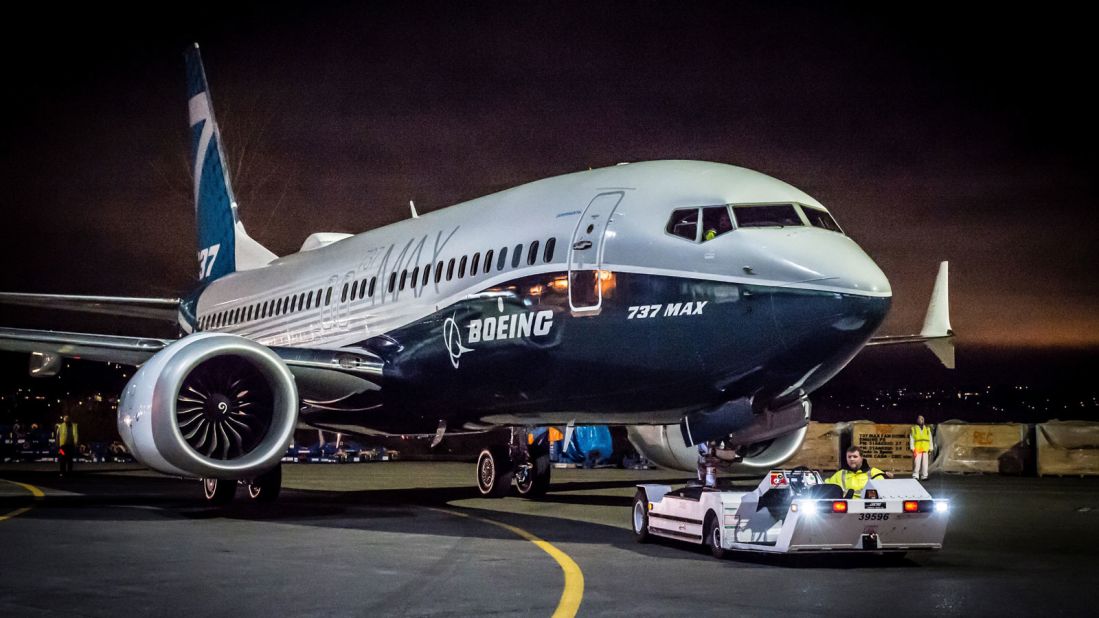(CTN News) – The Federal Aviation Administration (FAA) is actively monitoring the ongoing inspections of Boeing 737 MAX aircraft following a directive from the aircraft manufacturer to airlines, urging them to examine the rudder control system for potential issues related to loose bolts.
Boeing’s recommendation for these inspections came about after a routine maintenance check by an undisclosed international airline revealed a bolt lacking its accompanying nut.
This prompted concerns about the integrity of the rudder control system. In addition, Boeing uncovered another instance involving an undelivered aircraft with a nut that was improperly tightened.
In response to these findings, Boeing promptly addressed the identified issue on the specific airplane, assuring that the necessary remedial measures were taken.
However, exercising an abundance of caution, the company is advising operators of 737 Max airplanes to conduct thorough inspections and promptly report any relevant findings to ensure the continued safety and reliability of the aircraft.

This vigilant approach underscores the aviation industry’s commitment to maintaining the highest standards of safety and the collaborative efforts between aircraft manufacturers and regulatory bodies to proactively address potential concerns.
The FAA’s close monitoring of these inspections reflects its dedication to ensuring the airworthiness of the Boeing 737 MAX fleet and prioritizing the safety of passengers and crew.
Boeing’s Commitment to Safety: Proactive Measures Amidst Successful 737 Max Deliveries
Boeing has successfully delivered over 1,370 units of the 737 Max jets on a global scale, with major U.S. carriers such as United Airlines, Southwest Airlines, American Airlines, and Alaska Airlines incorporating these aircraft into their fleets.
Notably, there have been no reported in-service incidents linked to lost or missing hardware related to the Boeing 737 Max, according to statements from Boeing itself.
Despite this, the aircraft manufacturer has proactively recommended inspections to be carried out within the next two weeks. Boeing’s suggested timeline indicates that these inspections, estimated to take approximately two hours per airplane, should be completed promptly.
Emphasizing their confidence in the ongoing airworthiness of the 737 Max, Boeing assured that, based on their assessment, the airplanes can continue to operate safely during and after the recommended inspections.
This proactive approach aligns with industry standards and underscores Boeing’s commitment to maintaining the integrity and safety of its aircraft, reinforcing its collaboration with airlines and regulatory authorities to uphold the highest standards of aviation safety.
Safety Concerns Persist: Loose Bolts in Boeing 737 Max Add to Ongoing Issues
This recent issue involving loose bolts in the Boeing 737 Max is the latest addition to a series of safety concerns that have plagued the aircraft model.
The most significant setbacks occurred between October 2018 and March 2019 when two crashes involving Boeing 737 Max planes resulted in the tragic loss of 346 lives.
Following these incidents, the Federal Aviation Administration (FAA) imposed a 20-month grounding of the aircraft, incurring substantial financial losses exceeding $20 billion for Boeing.
Investigations into the crashes revealed a central culprit: a flawed automated flight control system known as MCAS. This design flaw played a pivotal role in both accidents, leading to increased scrutiny of Boeing’s safety protocols and regulatory oversight.
Richard Aboulafia, the managing director of the aerospace consulting firm Aerodynamic Advisory, has highlighted the distinction between the MCAS-related issues and the current situation with loose bolts.
He noted that the MCAS problems were rooted in design flaws rather than manufacturing glitches.
Despite the apparent insignificance of the loose bolts in comparison to the MCAS debacle, Aboulafia emphasized that it sheds light on persistent challenges in the production process, affecting both Boeing and its network of suppliers.
This suggests ongoing concerns with the production ramp-up and underscores the need for vigilant oversight and improvements to ensure the overall safety and reliability of Boeing’s aircraft.




